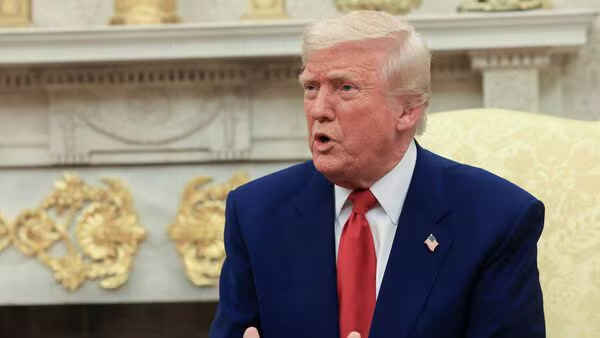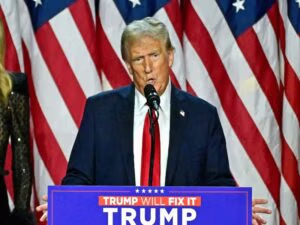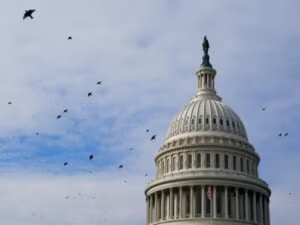U.S. President Donald Trump has ramped up his global tariff campaign by imposing a 50% import duty on Brazilian goods, the steepest levy in his series of “reciprocal” tariffs. The move, set to take effect on August 1, was issued via letters posted on Trump’s Truth Social account and tied to Brazilian political developments surrounding former President Jair Bolsonaro’s prosecution.
In his letter to President Luiz Inácio Lula da Silva, Trump lambasted what he called a “witch hunt” trial against Bolsonaro, suggesting Brazil’s legal actions threatened “Free Elections” and “Free Speech Rights” in the U.S., and justifying the punitive 50% duty. In response, Lula pledged to invoke Brazil’s reciprocity laws and warned that the U.S. would face a proportionate countermeasure.
Trump also announced 20–30% tariffs on seven other countries: Algeria, Brunei, Iraq, Libya, Moldova, the Philippines, and Sri Lanka. These tariffs, alongside a previous 25% levy on imports from Japan and South Korea, are part of a broader strategy to address what Trump describes as “unfair trade deficits” and support U.S. domestic manufacturers.
Financial markets responded sharply. Brazil’s real fell more than 2% against the U.S. dollar following the announcement, while stocks of major Brazilian firms like Embraer and Petrobras were hit. Globally, analysts warn that such tariffs could spark inflation, disrupt supply chains, and amplify geopolitical tensions.
Trump defended the tariffs in his letters, calling them necessary to balance trade and protect national security. He said companies willing to relocate operations to the U.S. could secure exemptions. He also issued a stark warning: “Anybody that’s in BRICS is getting a 10% charge pretty soon” for participating in efforts to challenge the dollar’s global dominance.
With tariff letters arriving this week, international trade policy faces intense scrutiny. Brazil’s planned reciprocal measures, global inflation risks, and possible retaliatory tariffs from other nations could signal a major shift in how global economies engage and negotiate moving forward.





